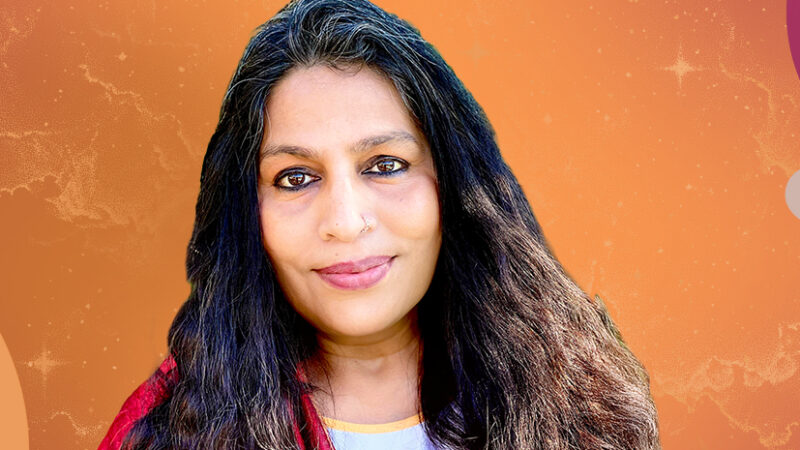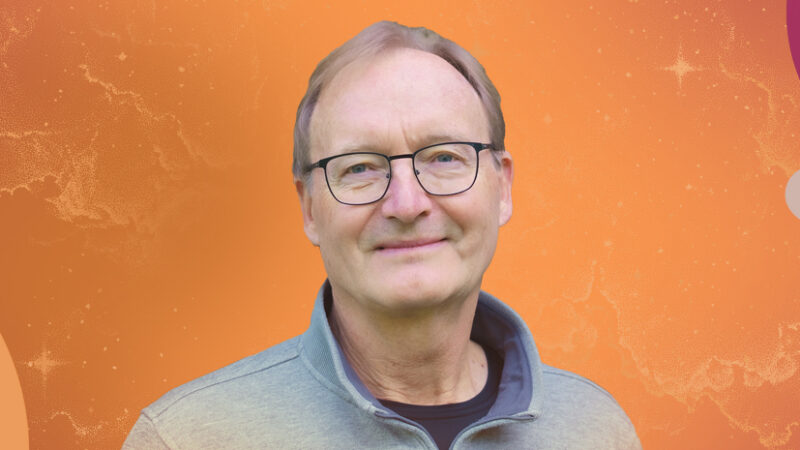Cortland Dahl, PhD: The Energizing Force of Compassion
Imagine how our world would change if all of our actions were rooted in love and compassion. Is that even possible? In this podcast, Tami Simon sits down with Dr. Cortland Dahl, the renowned Buddhist scholar, translator, scientist, researcher, and author of several books including his newest, A Meditator’s Guide to Buddhism, to discuss how compassion can become the energizing force that motivates you and inspires you each and every day.
Listen now for their insights on attuning to the intelligence of your heart; a neuroscientific approach to healing anxiety; the exciting research and new modalities emerging from the study of contemplative practice; how quickly we can begin to enjoy the profound benefits of meditation; the four pillars of a healthy mind: awareness, connection, insight, and purpose; appreciation and noticing the positive; living life in a meditative way; bringing your innate compassion up to the surface of conscious experience; doing the dishes as an act of love—how every action can become a gift; generosity, the inner richness that can never be exhausted; how empathy and compassion activate the brain’s “care network”; compassion in relationships; the universal longing for meaning and purpose; transformative pain, and why physical discomfort does not equal suffering; dealing with uncertainty; unlocking the insights of our emotions and finding the beauty in difficult experiences; a pith instruction: look at your mind; and more.
Note: This episode originally aired on Sounds True One, where these special episodes of Insights at the Edge are available to watch live on video and with exclusive access to Q&As with our guests. Learn more at join.soundstrue.com.




